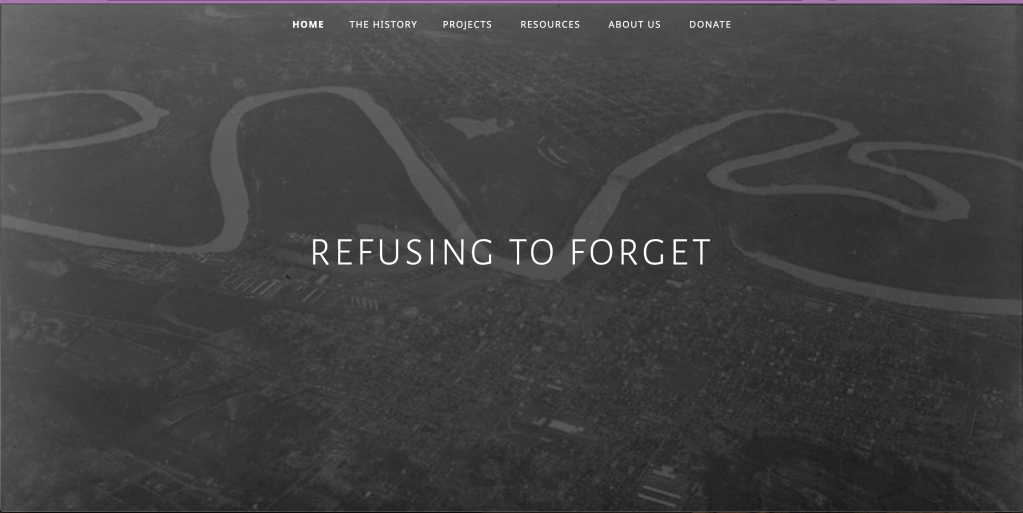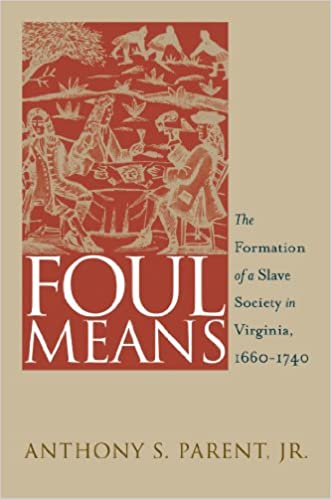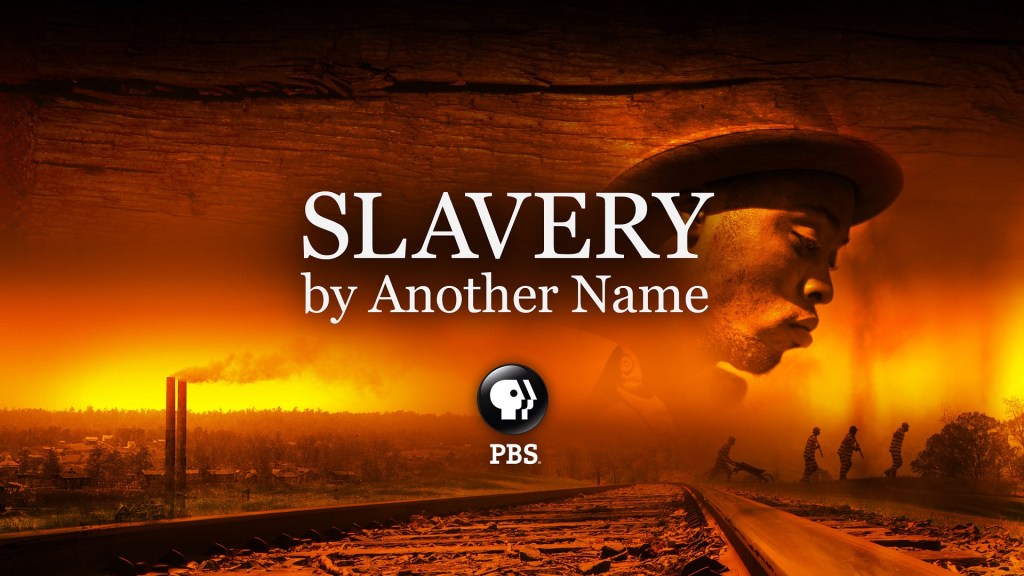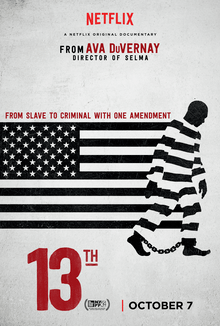Featuring Khalil Gibran Muhammad
On this hour-long episode of NPR podcast Throughline, Harvard professor Khalil Gibran Muhammad discusses the historic use of police brutality as a method for condemning and controlling the African American community. Muhammad draws context from his 2011 book, The Condemnation of Blackness: Race, Crime, and the Making of Modern Urban America. He describes how slave patrols provided some of the earliest policing in the American colonies. After the Civil War, Southern states passed the Black Codes, which heavily restricted newly-freed slaves. The Black Codes evolved into the Jim Crow laws, which enforced segregation and fueled white supremacy. During the Great Migration of the 1920s and 1930s, black Americans fled to the North, hoping for a better life. However, the police in the North refused to help black Americans as they faced violence and discrimination from their white neighbors.
Muhammad demonstrates that the police have a long history of brutality and corruption in America. He concludes by reflecting on the death of George Floyd and offering his thoughts on what long-term changes need to be made to address police brutality in America.
Listen to this Podcast on NPR.
Review by Rachel Madden








